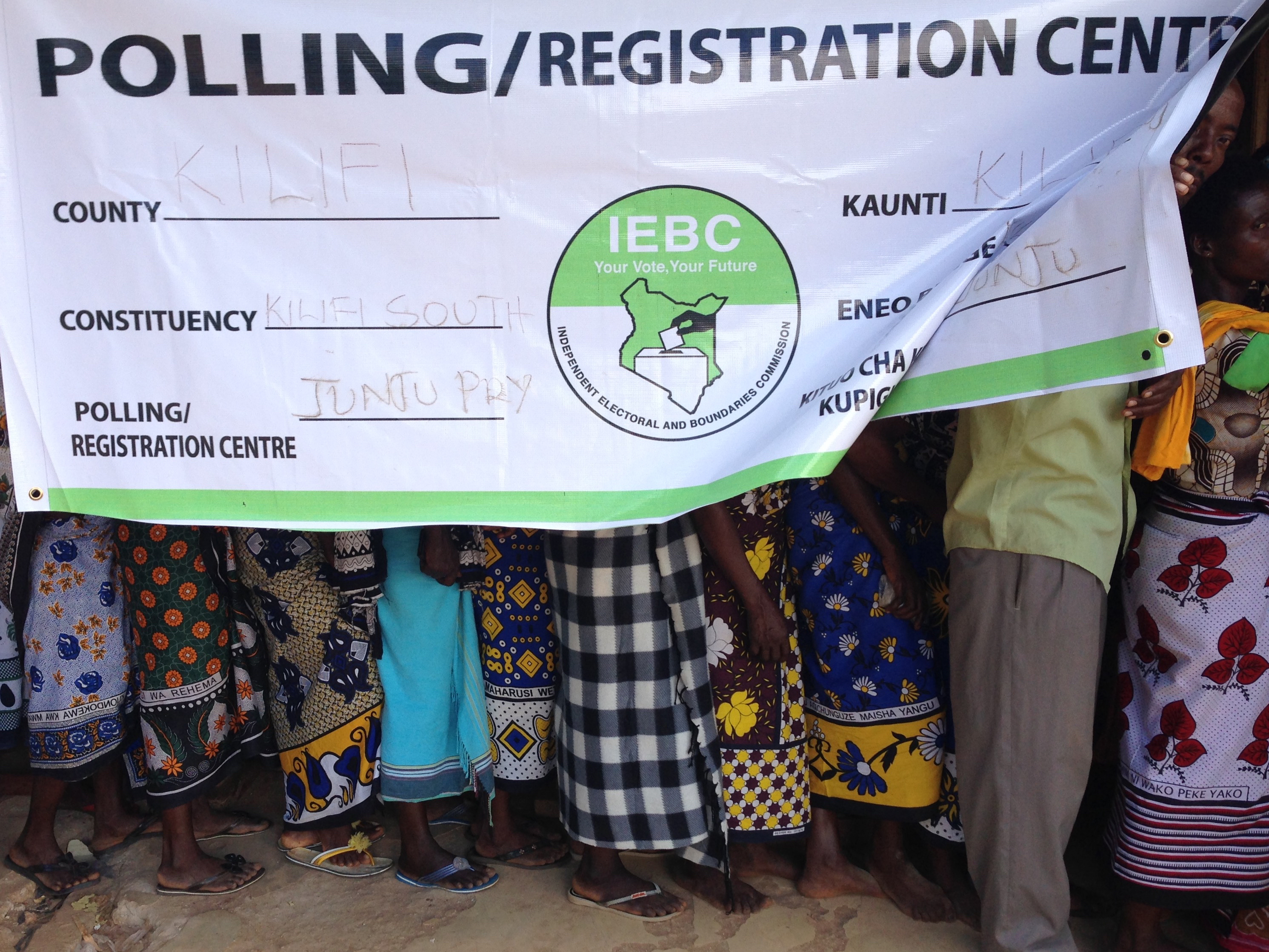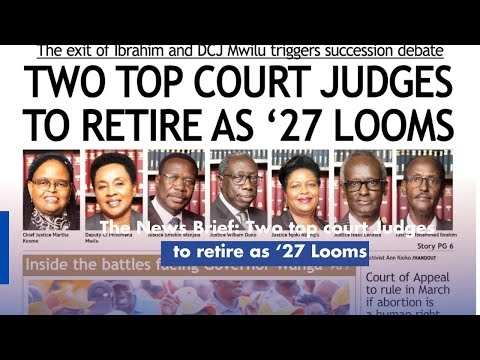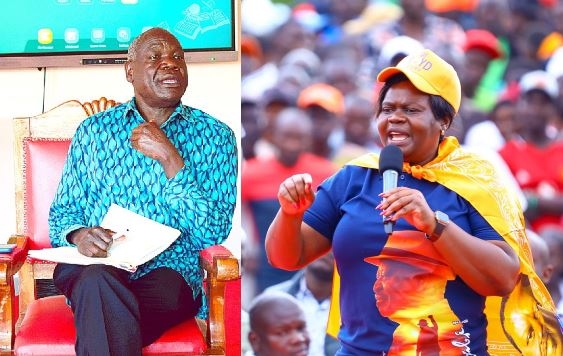
 Polling station. FILE
Polling station. FILENearly half of Kenyans have no confidence that the Independent Electoral and Boundaries Commission (IEBC) will deliver free and fair elections in 2027, a new survey by TIFA Research shows.
According to the findings, 48% of respondents who expressed doubts about the next polls pointed to political interference, state manipulation, and corruption of the electoral process (45%) as their main concern.
Another 34% cited lack of trust in the IEBC, including the newly
appointed commissioners and the chairperson.
The report notes that these two concerns, political
interference and mistrust in the electoral body, account for the largest share
of skepticism, together representing nearly four out of every five Kenyans who
doubt the integrity of the 2027 elections.
Other issues raised include violence and insecurity (13%),
technology failures such as results transmission breakdowns (3%), while 5% did
not state their reasons.
“Among the nearly half of all Kenyans who expressed a total lack of confidence in the integrity of the 2027 elections, most cited either political interference resulting in corruption of the electoral process, or a lack of trust in the IEBC,” TIFA stated in its report.
The survey was conducted from August 23, 2025, to September 3, 2025, using telephonic interviews conducted in Kiswahili (mainly) and English.
The 2,024 respondents' contacts were collected through face-to-face (i.e., household-based interviews).
It has a margin of error of +/-2.17%. The survey covered nine zones, including Central Rift, Coast, Lower Eastern, Mt Kenya, Nairobi, Northern, Nyanza, South Rift and Western.

















